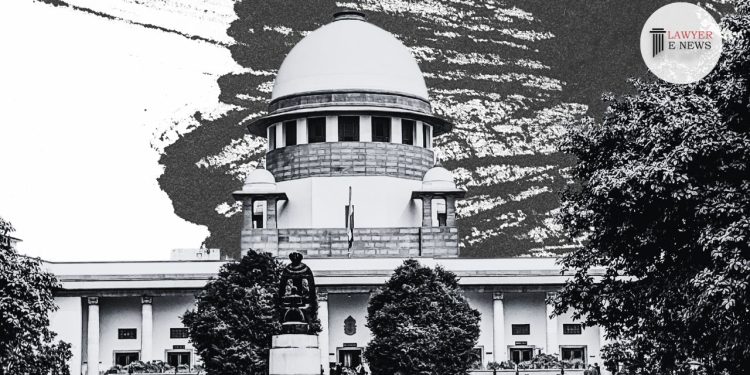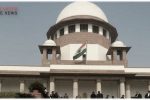Legal Services by Lawyers Not Covered Under Consumer Protection Acts Due to Their Duty-Bound Nature” – Supreme Court

In a significant judgment, the Supreme Court has clarified that legal services provided by lawyers are not covered under the Consumer Protection Act, 1986, and its 2019 iteration. This decision emphasizes the unique, duty-bound nature of the legal profession which is integral to the administration of justice.
Legal Point and Judgement Brief:
The core legal issue before the Supreme Court was whether the services rendered by lawyers could be classified under the ‘service’ category as defined by the Consumer Protection Acts of 1986 and 2019, thereby subjecting lawyers to the provisions of these acts concerning ‘deficiency in service’. The apex court, presided over by Justices Bela M. Trivedi and Pankaj Mithal, has categorically ruled out such an inclusion.
Factual Matrix:
The matter arose from several appeals led by the Bar of Indian Lawyers against the National Consumer Disputes Redressal Commission’s (NCDRC) earlier decision, which had held that complaints of deficiency in service against advocates could be adjudicated under the Consumer Protection Act.
Court’s Detailed Assessment:
Nature of Legal Services: The court highlighted that legal services are not merely commercial but are crucial to the justice delivery system, involving duties to the court, the client, and the broader judicial framework.
Legislative Intent and Interpretation: Delving deep into the legislative history and intent behind the Consumer Protection Acts, the court observed that the primary objective was to shield consumers from unfair trade practices in commercial scenarios, not professional services.
Comparative Jurisprudence: The judgment also touched upon international practices in countries like Malaysia, the European Union, Canada, the USA, and Australia, noting a common approach to exempt professional services, including legal, from the ambit of consumer protection laws.
Legal Profession’s Distinctiveness: It was further emphasized that the legal profession, regulated under the Advocates Act, 1961, stands unique among other professions due to its integral role in upholding justice and democracy.
Decision: Concluding its extensive analysis, the Supreme Court allowed the appeals and set aside the order of the NCDRC. It was held that complaints alleging deficiency in service against advocates are not maintainable under the Consumer Protection Act, categorizing legal services under ‘contract of personal service’ which are excluded from the act.
Date of Decision: 14th May 2024.
Bar of Indian Lawyers Through Its President Jasbir Singh Malik vs. D.K. Gandhi PS National Institute of Communicable Diseases and Anr.






